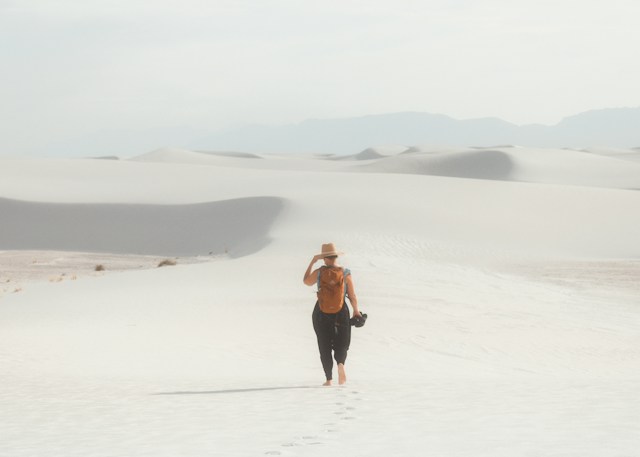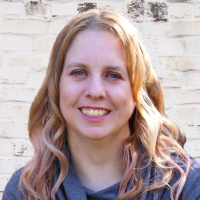
In a world where religion has played a central role in the lives of many, the journey of finding meaning without the presence of a higher power can be both challenging and rewarding.
My own path to atheism and the pursuit of transcendence has been a winding one, shaped by a childhood devoid of religious influence, a relentless curiosity, and a thirst for understanding life’s profound questions.
Questioning the Divine: A Curious Beginning
Growing up, my family wasn’t particularly religious. While some of my friends attended church or mosque, I found myself with Sundays free to explore the world around me.
This lack of religious indoctrination allowed my young mind to question the concept of God from an early age.
I couldn’t reconcile the idea of an all-powerful, all-knowing deity with the suffering and injustice I observed in the world.
As I ventured into adolescence, my curiosity led me to explore various belief systems. I dabbled in Paganism, drawn to its connection with nature and ancient traditions.
Yet, while the rituals and symbolism resonated with me on some level, they failed to satisfy my logical, analytical mind.
I was searching for something deeper, something that could provide meaning without requiring a leap of faith.
At this point, I found myself identifying as agnostic. It seemed like a comfortable middle ground between theism and atheism.
Agnosticism allowed me to acknowledge the vast unknowns of the universe while avoiding the assertive stance of atheism. It was a phase of intellectual exploration, a time when I embraced uncertainty as a virtue.
However, as I delved deeper into philosophy and science, I realized that atheism was the most honest position I could take. It wasn’t a rejection of spirituality or meaning—rather, it was a recognition that meaning need not be imposed from above.
It could be derived from our experiences, relationships, and the awe-inspiring wonders of the natural world.
While I no longer subscribed to the belief in a higher power, I found solace in spiritual practices. Meditation, yoga, and mindfulness became tools for exploring my inner landscape and fostering a sense of peace and well-being.
I viewed these practices as symbolic rather than magical, as ways to connect with the deeper aspects of human consciousness and experience.
Advice for Fellow Seekers
For those embarking on a similar journey or questioning their religious upbringing, I offer a few insights.
First, don’t be afraid to ask the big questions about the nature of existence, morality, and meaning. It’s through questioning that we deepen our understanding of ourselves and the world.
Investigate various belief systems and philosophies. Even if they don’t align with your worldview, they can offer valuable insights and perspectives.
And it’s okay to not have all the answers. Uncertainty is a natural part of the human condition, and it can be a source of growth and humility.
Recognize that meaning can be found in everyday experiences, from the beauty of a sunset to the warmth of a shared conversation. Life’s meaning is not solely contingent on the divine.
Lastly, if spiritual practices resonate with you, engage in them for their symbolic value. They can provide a sense of connection and mindfulness without the need for supernatural beliefs.
My journey from questioning the divine to embracing atheism has been a profound one for me. It’s a journey that continues to unfold, marked by a quest for meaning, an appreciation of the natural world, and a recognition of the transcendence that can be found within the human experience.
Ultimately, in a godless universe, meaning is what we make of it—and it’s a journey well worth taking.
~

This account does not have permission to comment on Elephant Journal.
Contact support with questions.